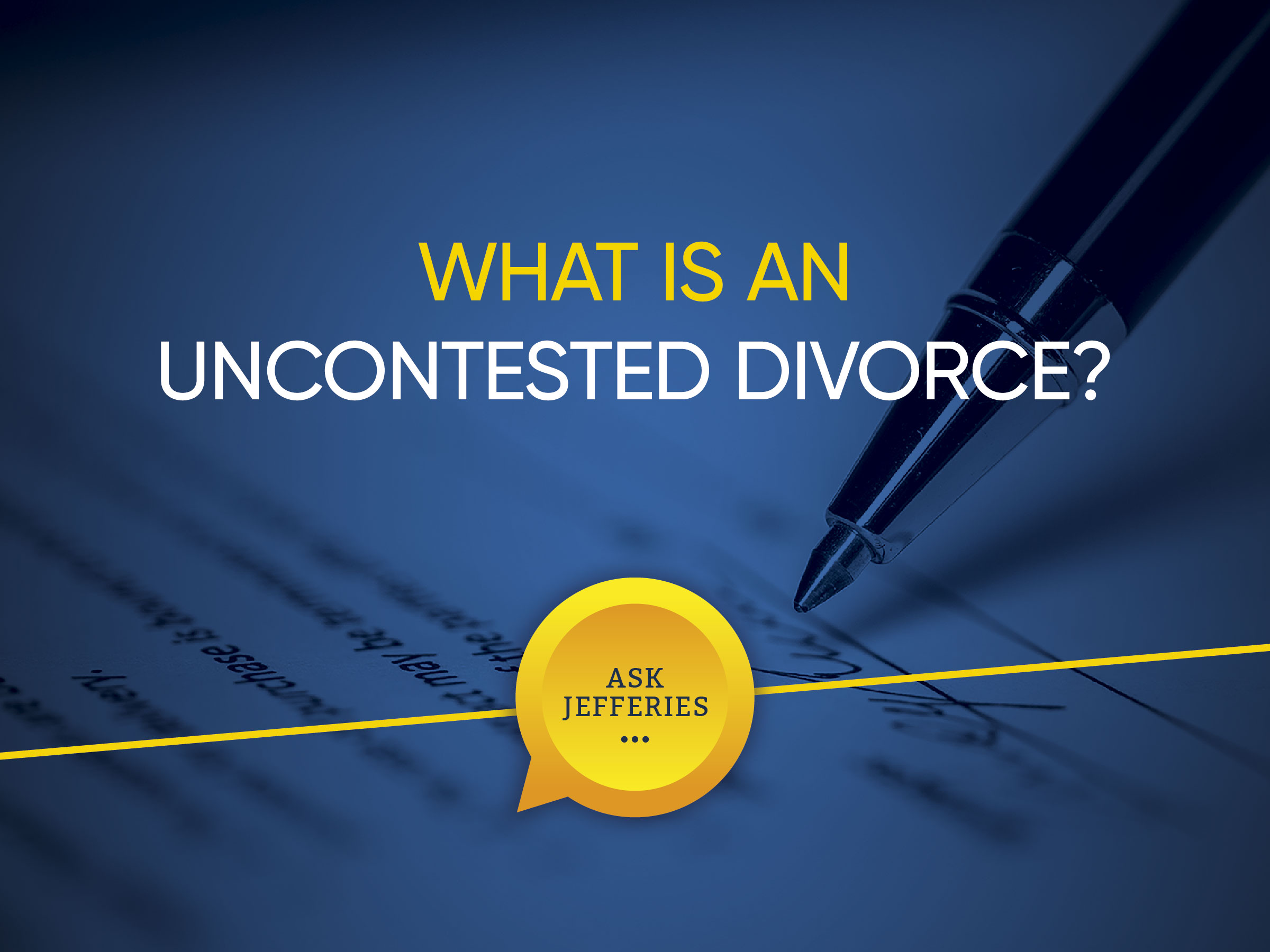According to Office for National Statistics, it was reported that approximately 102,007 divorces were issued in 2017. Of these divorces, 101,669 were opposite sex couples and 338 were same-sex couples. While these statistics have fluctuated year upon year, with both increases and decreases, these do not tell us how many were contested or uncontested. So what does this really mean?
Do you have to go to the court for an uncontested divorce?
A lot of people tend to think that a divorce involves a long winded, costly Court battle with their soon to be ex-spouse. This is, however, not true in all cases. A divorce that is regarded to be ‘uncontested’ simply means the party who has received the divorce papers, accepts the marriage has broken down and so does not dispute or oppose the divorce going ahead. Most couples will either have agreed on what ground the petition will be progressed, or will know whether or not the other will be opposing the divorce from the outset.
What is the process of an uncontested divorce?
Uncontested divorces can proceed on paper, and may typically conclude within six to nine months of the petition being issued, subject to a resolution being reached in respect of financial matters arising from the divorce and the Court’s processing times.
On the other hand, a divorce that is ‘contested’ means that the responding party does not accept the marriage has broken down, for one reason or another and so will seek to oppose the divorce. If a divorce is contested, further time and costs will be involved in finalising the divorce. This is because you will need to attend one – if not two – Court hearings to satisfy the Court why the divorce should or should not go ahead. These, however, occur in rare circumstances.
Another way in which you will know whether or not a divorce will be defended, is by the Respondent completing the acknowledgement of service form which is sent to him by the Court. This form will contain a number of questions and will importantly, ask the Respondent firstly to confirm if they will be defending the petition and secondly if they will be defending the claim for costs (if any) that has been included in the divorce petition.
In the event the Respondent does not return the form, within the timeframe stipulated by the Court, it is likely for the divorce will be dealt with as if it is not being contested.
How long does it take to get an uncontested divorce?
A divorce can generally take between six to nine months, but a contested divorce can prove more timely if not dealt with effectively. A way in which you can avoid going through the emotional roller-coaster, added time and stress of a contested divorce, is by attending mediation. This will involve having constructive discussions in the presence of a third independent party with a view to reaching an agreement, without the need to attend Court. Remember, a divorce can only be finalised by going through the Courts and getting your decree absolute. Simply reaching an agreement at mediation will not be enough.
Alternatively, you may want to seek expert legal advice from the outset. If you are thinking about issuing divorce proceedings, it is always best to seek advice and guidance about what the right option is for you, before taking ‘the plunge’.
Your uncontested divorce Solicitors in Essex
Whether you are looking at issuing divorce proceedings or have received the divorce petition which you need to respond to, contact our specialist team of Family Solicitors today on 01702 443 480. Let Jefferies take the stress, pressure and anxiety away from you and help you concentrate on your bright future!
